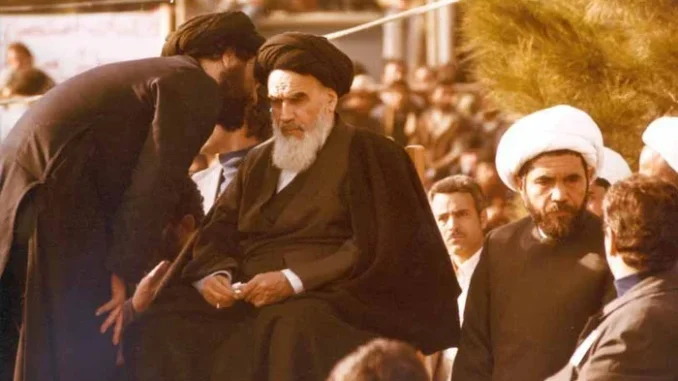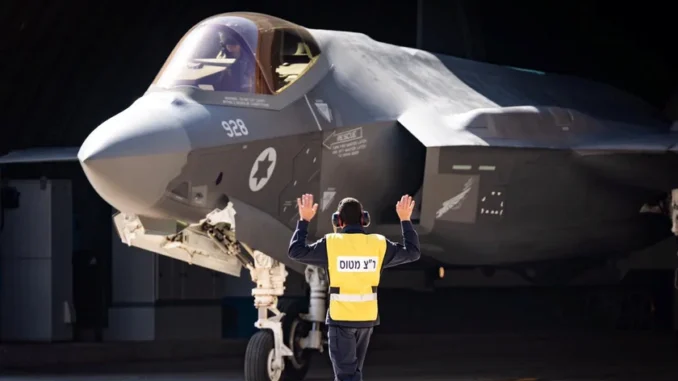T. Belman. This article challenges everything we are being told about the fight over the bomb. What truth is there in it?
It even goes so far as to argue that the JCPOA 1 and 2 are better than nothing.
Unlike the Iraqi and Syrian reactors, Iran’s nuclear program is dispersed among many facilities, some well underground. Lacking bunker busters, Israel’s government should not mislead the public
Almost 35 years ago, toward the end of its war with Iraq, Iran decided to relaunch the nuclear program it initiated in the ‘60s under the shah with assistance, according to foreign reports, from Israel. The program had been frozen in 1980, not long after the Islamic Revolution, when the Iraqi army invaded Iran, then led by Ayatollah Ruhollah Khomeini.
The decision to return to the nuclear track, and also develop ballistic missiles, was the most important lesson Iran learned from its traumatic war with its neighbor. During that conflict, Saddam Hussein’s army used chemical weapons without any response from the West.
Moreover, the United States under Ronald Reagan provided Iraq with intelligence and tens of billions of dollars in credits and loans. In response, Tehran sought to acquire chemical weapons as well, helped among others by Israeli businessman Nahum Manbar, who because of his actions received a hefty prison sentence.

Even if we don’t believe that Ayatollah Ruhollah Khomeini, the founder of the Islamic Republic, issued a fatwa against weapons of mass destruction, how can we explain that Iran still hasn’t even passed the nuclear threshold? Credit: Unknown author/Wikimedia Commons
Iran revived its nuclear program as an insurance policy to secure the survival of the ayatollahs’ regime and to deter the West and Israel from conspiring for regime change. Israeli defense and intelligence officials realized this only a few years later in the early ’90s.




It sure sounds like the author has an axe to grind. No one said it’s going to be easy. But, IT IS ABSOLUTELY NECESSARY!
There’s not one thing in article that any smart contemplating interested person would not have thought of already. Nothing new, no insights here. Israel can threaten war in order to stir the US and Europeans to imagine what the conflagration will be like. Will envelope the region maybe parts of the world. Israel needs the USA and its’ capabilities to destroy Iran nuclear program , may take a war to force it as in WW2, UK fought alone until Pearl Harbor.